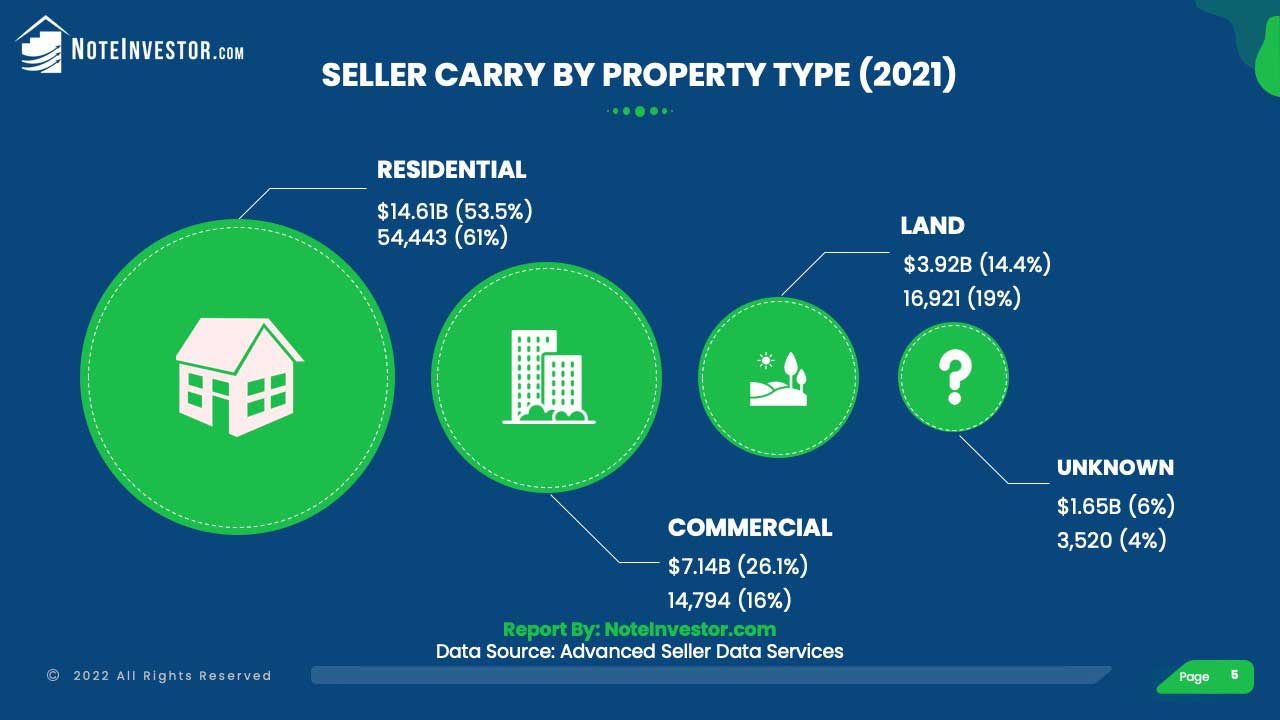Absolutely! Here’s a comprehensive 3000-word article on owner financing land, formatted with `
` and `
` tags for improved readability:
Owner financing land, also known as seller financing, is a creative real estate transaction where the land seller acts as the lender, providing financing directly to the buyer. This approach offers flexibility and accessibility, especially for buyers who might not qualify for traditional bank loans. Let’s delve into the intricacies of this financing method.
Understanding Owner Financing
Owner financing simplifies the land acquisition process by eliminating the need for traditional lenders. Instead, the seller agrees to accept payments from the buyer over a specified period, with agreed-upon terms like interest rates and payment schedules. This arrangement directly benefits both parties.
Key Benefits for Buyers

Increased Accessibility: Buyers with less-than-perfect credit or limited down payments can still purchase land.
Key Benefits for Sellers
Expanded Buyer Pool: Offering owner financing attracts a wider range of potential buyers, increasing the chances of a sale.
How Owner Financing Works
The process of owner financing involves several key steps:
Negotiating the Terms
Both buyer and seller must agree on the purchase price, interest rate, down payment, payment schedule, and loan term.
Drafting the Legal Documents

A promissory note outlines the loan terms, including the principal amount, interest rate, and payment schedule.
Recording the Transaction
The land contract or deed of trust is recorded with the local county recorder’s office to provide public notice of the transaction.
Making Payments
The buyer makes regular payments to the seller according to the agreed-upon schedule.
Types of Owner Financing Agreements
There are several types of owner financing agreements, each with its own characteristics:
Land Contract (Contract for Deed)
In a land contract, the seller retains legal title to the property until the buyer completes all payments.
Deed of Trust (Mortgage)
A deed of trust involves a third-party trustee who holds the legal title until the loan is paid off.
Promissory Note
A promissory note is the document that specifies the loan terms, including the principal amount, interest rate, and payment schedule.
Important Considerations for Buyers
Buyers considering owner financing should be aware of the following:
Due Diligence
Thoroughly research the property’s title to ensure there are no liens or encumbrances.
Understanding the Terms
Carefully review the promissory note and land contract or deed of trust to understand all the terms and conditions.
Financial Planning
Assess your financial situation to ensure you can afford the monthly payments.
Important Considerations for Sellers
Sellers offering owner financing should consider the following:
Creditworthiness of the Buyer
Evaluate the buyer’s credit history and financial stability.
Protecting Your Investment
Require a substantial down payment to reduce the risk of default.
Tax Implications
Consult with a tax advisor to understand the tax implications of owner financing.
Legal and Regulatory Aspects
Owner financing transactions are subject to various legal and regulatory requirements, which can vary by state.
State Laws
State laws govern the terms and conditions of land contracts and deeds of trust.
Federal Regulations
Federal regulations, such as the Dodd-Frank Act, may apply to owner financing transactions.
Professional Assistance
Engage a real estate attorney to draft and review all legal documents.
When Owner Financing Makes Sense
Owner financing can be a viable option in various situations:
Buyers with Credit Challenges
Rural Land Purchases
Quick Closings
Negotiated Terms
Potential Risks and Challenges
While owner financing offers numerous benefits, it also presents potential risks and challenges:
Buyer Default
Title Issues
Legal Disputes
Conclusion
Owner financing land provides a flexible and accessible alternative to traditional financing. By understanding the process, negotiating fair terms, and addressing potential risks, both buyers and sellers can benefit from this creative real estate transaction. Always consult with legal and financial professionals to ensure a smooth and successful experience.
